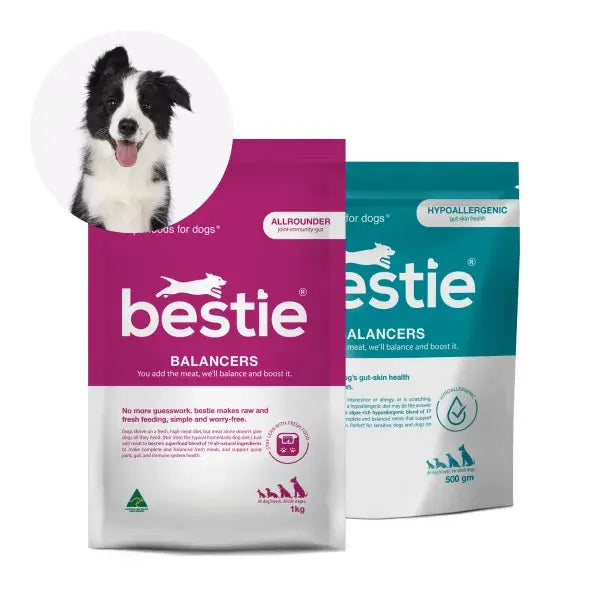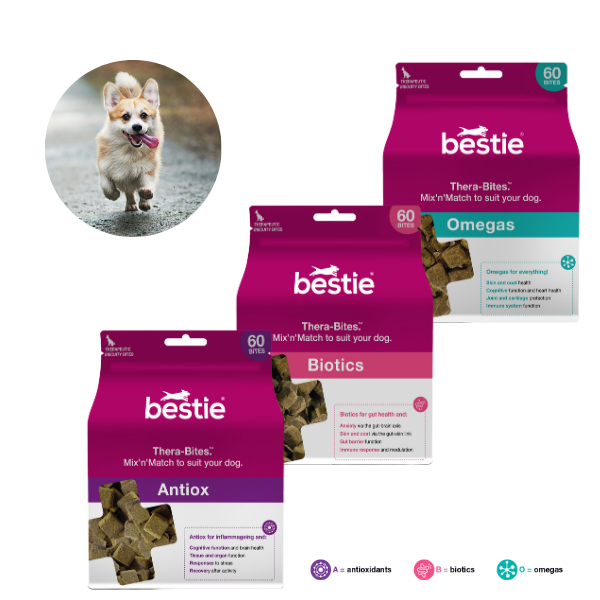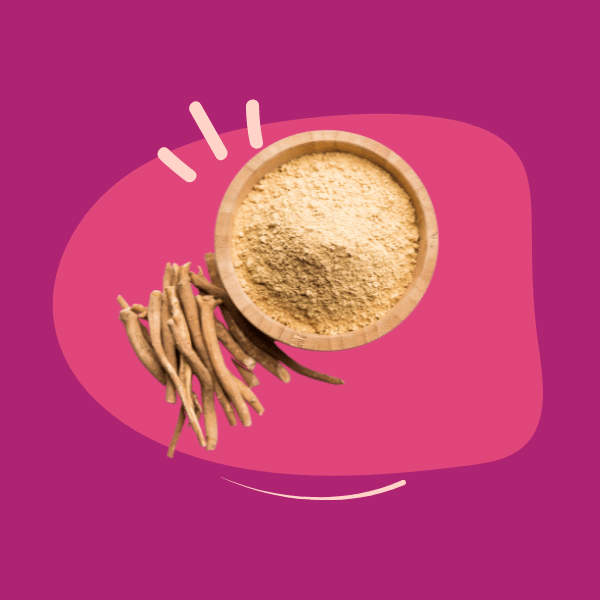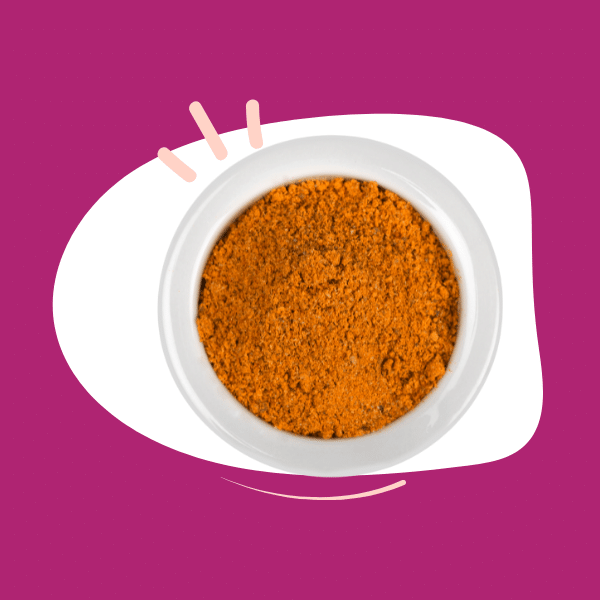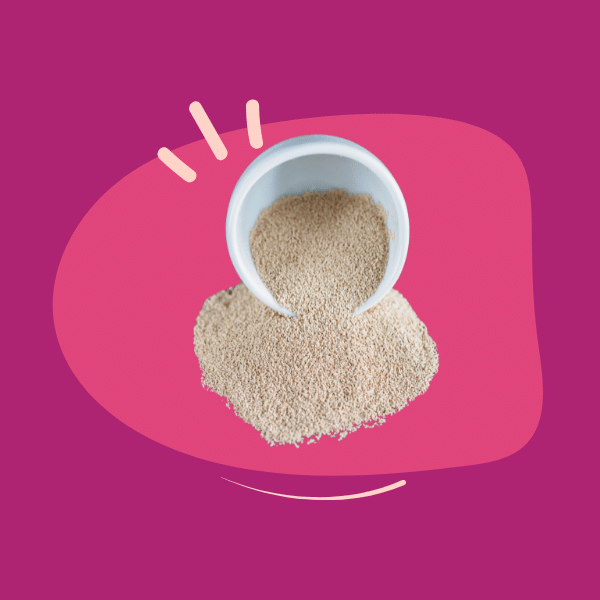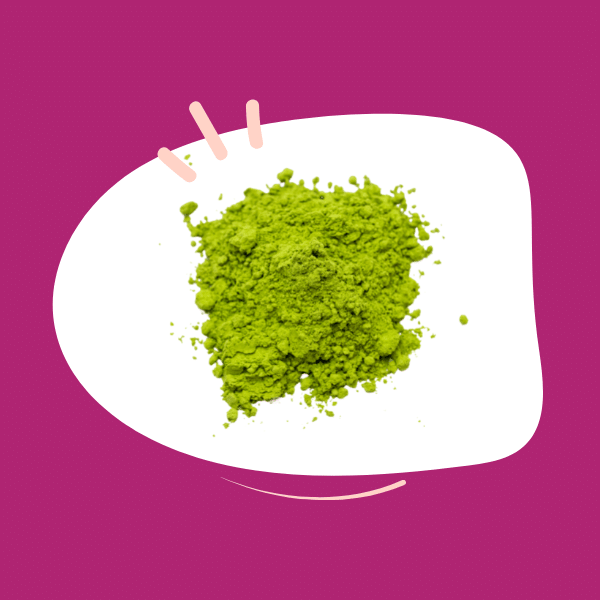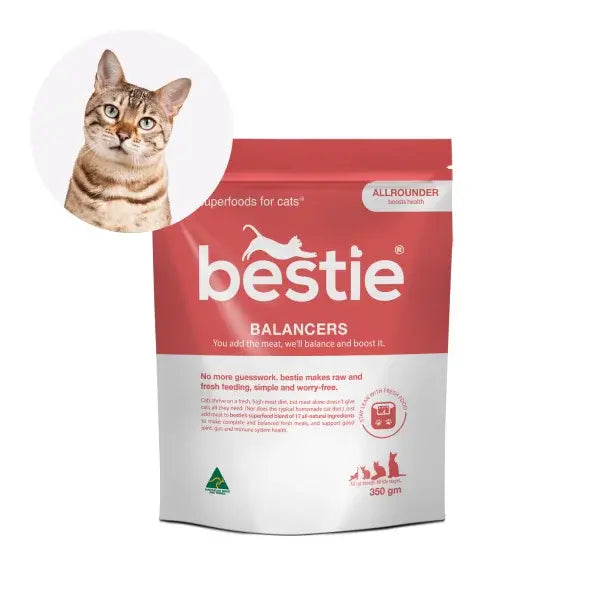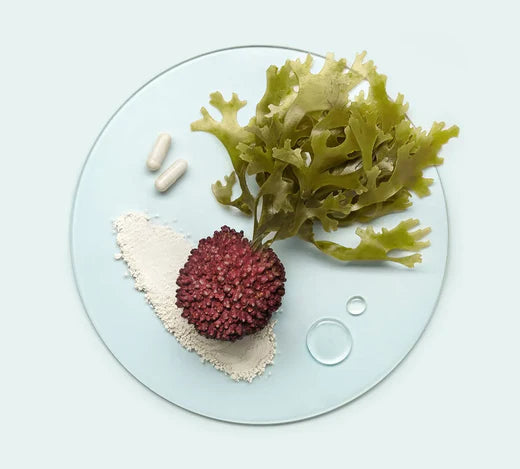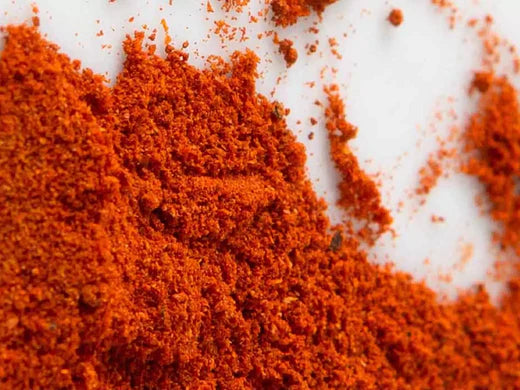Sunflower (Helianthus annuus L.) is potentially one of the most important protein sources in the world.3 lt's a good source of plant-based protein that’s rich in essential vitamins and minerals.
It's obtained after the oil is extracted from the seed, and has a high protein percentage (28% for meal from hulled seeds to 42% for dehulled seed meals).
Table 1. Composition of Sunflower meal, oil 5-20%, dehulled
|
|
As fed |
DM % |
|
Crude Protein (CP) |
33.7 |
36 % |
|
Crude Fibre (CF) |
18.4 |
19.7 % |
|
Crude Fat |
8.9 |
9.5 % |
|
Calcium |
3.9 |
4.2 g/kg |
|
Phosphorus |
9.9 |
10.6 g/kg |
|
Magnesium |
4.8 |
5.2 g/kg |
|
Potassium |
14.4 |
15.4 g/kg |
|
Sodium |
0.08 |
0.08 g/kg |
|
Chlorine |
1.3 |
1.4 g/kg |
|
Sulfur |
3.1 |
3.3 g/kg |
|
Manganese |
42 |
45 mg/kg |
|
Zinc |
88 |
94 mg/kg |
|
Copper |
30 |
32 mg/kg |
|
Iron |
465 |
496 mg/kg |
|
Fatty acids |
6.7 |
7.1% |
|
Vitamin E |
11.2 |
11.9 mg/kg |
|
Vitamin B1 (Thiamin) |
3.1 |
3.3 mg/kg |
|
Vitamin B2 (Riboflavin) |
3.5 |
3.8 mg/kg |
|
Vitamin B6 (Pyridoxine) |
13.8 |
14.7 mg/kg |
|
Niacin |
244 |
260 mg/kg |
|
Pantothenic Acid |
40.9 |
43.7 mg/kg |
|
Choline |
2654 |
2830 mg/kg |
Source: Sunflower meal, oil 5-20%, dehulled
Amino acids in Sunflower Meal
The amount of protein in sunflower meal can vary based on different factors, such as the extraction process or method of processing, the quality of the sunflower seeds, and the specific type of sunflower meal being made. On average, sunflower meal generally contains around 25% to 30% protein or potentially even higher. Good quality sunflower meal contains about 35-44% high grade protein.
Sunflower meal is a good source of essential amino acids which are the building blocks of protein. As a result, sunflower meal is commonly utilised as a protein supplement in animal feeds. This supplementation helps increase overall protein intake and promotes growth.
Important amino acids commonly found in sunflower meal include the following:
- Lysine is an amino acid that plays a vital role in protein synthesis, tissue repair, and growth.
- Methionine is essential in protein synthesis and overall growth.2
- Tryptophan acts as a building block for serotonin, a neurotransmitter that plays a role in mood and behaviour regulation.
- Phenylalanine is important in the synthesis of various essential molecules within the body.
- Histidine is plays a vital role in the growth and repair of tissues. It also serves as a precursor for histamine, which is essential in immune responses.
- Valine, Leucine, and Isoleucine are essential amino acids (BCAAs) that play a crucial role in promoting muscle growth, repairing tissues, and supporting overall protein synthesis.
Table 2. Minerals in Sunflower Meal
|
Mineral |
Function/Benefit/Effects |
|
Phosphorus |
Plays an important role in the formation of bones and teeth, energy metabolism, and various essential physiological processes. |
|
Magnesium |
An essential nutrient in various bodily functions. It is necessary for proper muscle and nerve function, supports bone health. |
|
Iron |
Essential in the production of haemoglobin, a protein responsible for transporting oxygen throughout the bloods circulation. |
|
Manganese |
Plays an important role in bone formation, enzyme function, and antioxidant defence. |
|
Selenium |
Has antioxidant properties. And helps support the immune system and maintaining thyroid function.
|
|
Copper |
Aids in iron metabolism, support enzyme function, and promotes the formation of connective tissue |
|
Sodium |
Helps maintain fluid balance, nerve function, and muscle contraction. |
|
Zinc |
Important for immune function, wound healing, and cell division. |
|
Calcium |
Vital for bone and teeth structure, blood clotting, and muscle function. |
|
Potassium |
Essential for maintaining proper muscle function, nerve signalling, and fluid balance. |
Essential fatty acids in Sunflower Meal
Sunflower meal has significant levels of fatty acids that include the following:
- Linoleic Acid, an omega-6 fatty acid, is the main type of fatty acid found in sunflower meal. It plays a significant role in maintaining the structure of cell membranes, promoting healthy skin, and supporting overall growth.
- Oleic Acid, also known as Omega-9 Fatty Acid, is a type of monounsaturated fatty acid. It can be found in sunflower meal, although in smaller quantities. Oleic acid is recognized for its potential cardiovascular advantages.
- Palmitic acid is a type of saturated fatty acid that is found in sunflower meal, making up a portion of the total fatty acids present.
- Another saturated fatty acid commonly found in sunflower meal is stearic acid, although in smaller quantities compared to palmitic acid.
B-vitamins in Sunflower Meal
Sunflower meal is a good source of various B vitamins, also called B-complex vitamins. These include:
- B1 (Thiamine)
- B2 (Riboflavin)
- B3 (Niacin)
- B5 (Pantothenic Acid)
- B6 (Pyridoxine)
- B7 (Biotin)
- B9 (Folate)
- B12 (Cobalamin)
These B vitamins play vital roles in metabolism, energy production, cell division, nerve function, and overall health. Including sunflower meal in a balanced diet can contribute to meeting your pet's B vitamin requirements.
List of References:
- Heuzé V., Tran G., Hassoun P., Lessire M., Lebas F., 2019. Sunflower Meal. Feedipedia, a programme by INRAE, CIRAD, AFZ and FAO. https://feedipedia.org/node/732 Last updated on September 25, 2019, 14:17
- Dairy Knowledge Portal. Sunflower meal. Date accessed: September 28, 2023.
- Araujo, . et al. 2015. Sunflower Meal and Supplementation of an Enzyme Complex in Layer Diets. Revista Brasileira de Ciência Avícola 17(3):363-370. DOI:10.1590/1516-635X1703363-370


